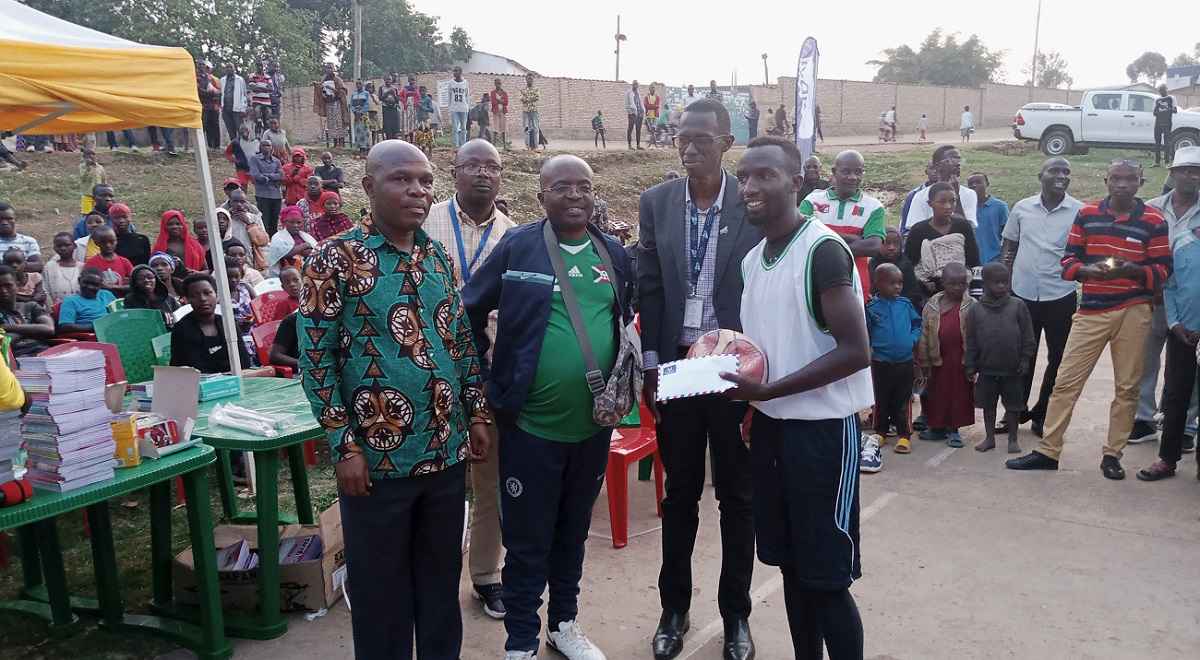
The economic strengthening of 263 women from very poor families in Kabezi, Nyabiraba, Mutimuzi and Kanyosha communes in Bujumbura province in order to increase their standard of living and their income is the objective of a series of training sessions that are being organized throughout the month of September by Service Yezu Mwiza with the financial support of the Jesuit Mission in Nuremberg.
Most of the 263 women who attend these trainings live in extreme poverty, they are not able to have balanced meals; they cannot even send their children to school, and they are discriminated against because of their standard of living.
In its quest to improve the socio-economic conditions of its vulnerable beneficiaries, Service Yezu Mwiza, with the financial support of the Jesuit Mission in Nuremberg, has already trained and integrated more than 214 beneficiaries in income-generating activities (IGAs). It is in this dynamic of reaching the most vulnerable as possible that these poor women from rural areas are being supported through training on the best profitable agricultural techniques. Thus, from a small plot of arable land, they could have more yield (crops). Also, through these trainings, it is a question of showing them how can form small groups of 3 to 5 at most to help each other by putting together the little that they have as the Kirundi adage says "Tubiri Tuvurana Ubupfu".
At the end of these training sessions, the vulnerable women trained will know the usefulness of having a kitchen garden at their disposal; they will have sufficient knowledge and practical skills on the management of solidarity groups and the sustainability of income-generating activities. The best expectation is that they acquire a spirit of teamwork.

Jeanine NDUWAYEZU, in charge of monitoring IGAs at SYM, specifies that most SYM beneficiaries are vulnerable, a vulnerability accentuated by HIV disease. Allowing these vulnerable women to be more self-sufficient will have a double positive impact, first on their health but also on the development within their families because they will have something to eat, something that is not common today. The lack of food in quality and quantity is one of the main reasons for non-compliance with treatment; some complain that these drugs hurt them if they take them on an empty stomach.
In this way, SYM not only provides them with medication, but also ensures that all the conditions are in place for the treatment to take effect by improving their living conditions.
SYM: Distribution of school kits to members of associations of people affected by leprosy

SYM: Sensitization on pre and post-exposure to HIV in Kayanza and Ngozi
SYM: Managing co-morbidities among people living with HIV
SYM: Quarterly meeting of community relays
Distribution of work tools to young volunteers and to the pillars of the SRH community solutions project called